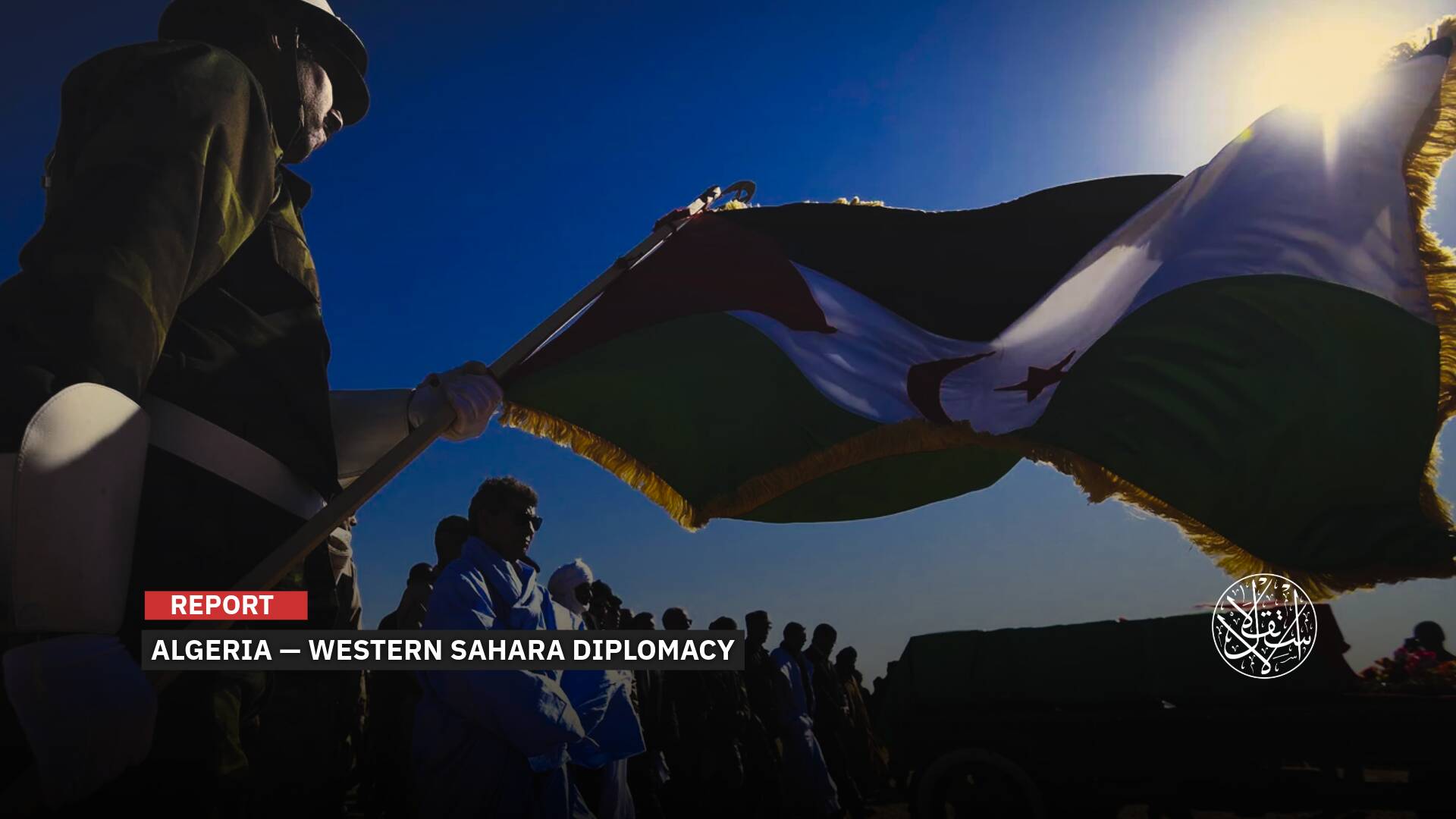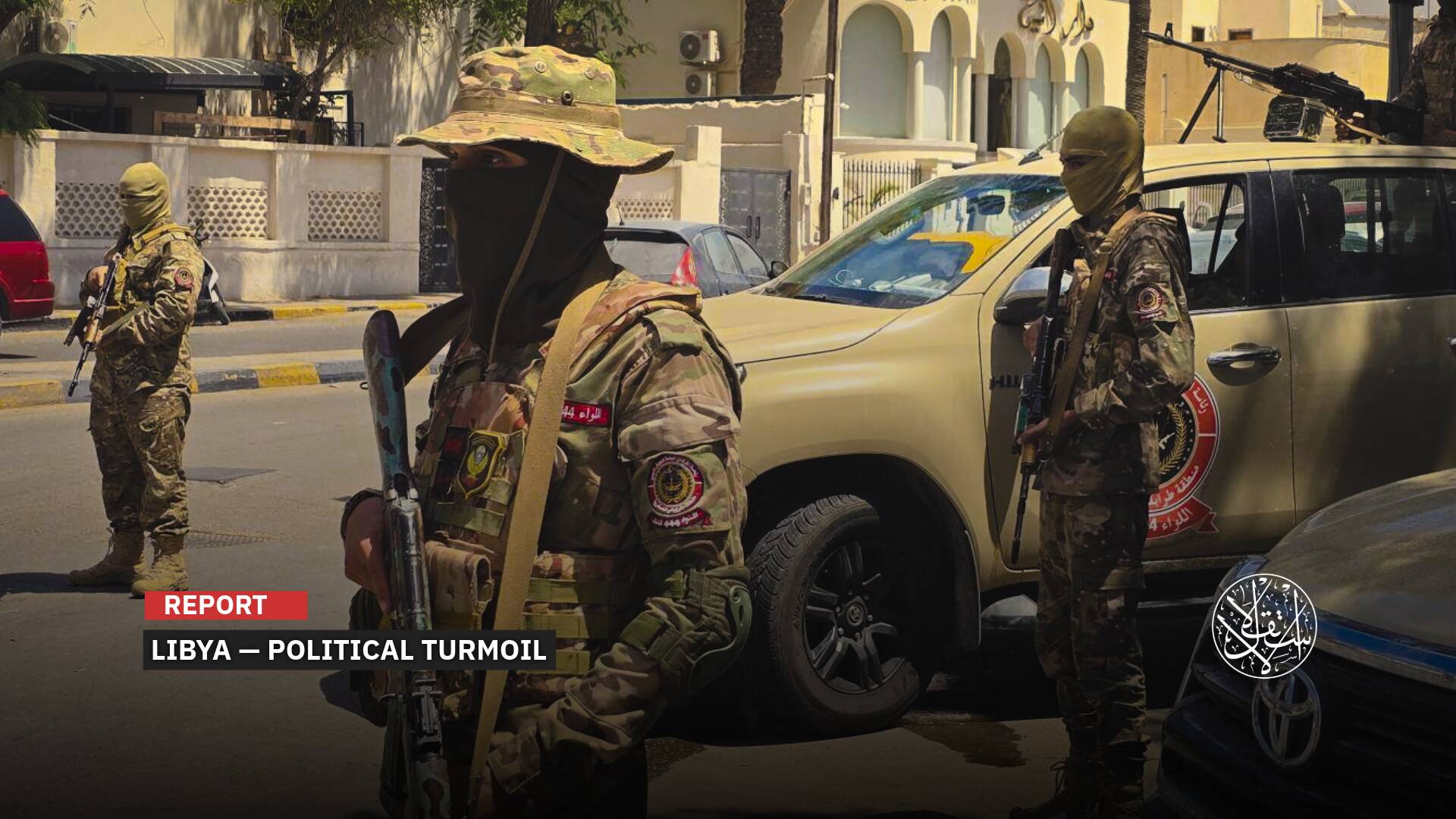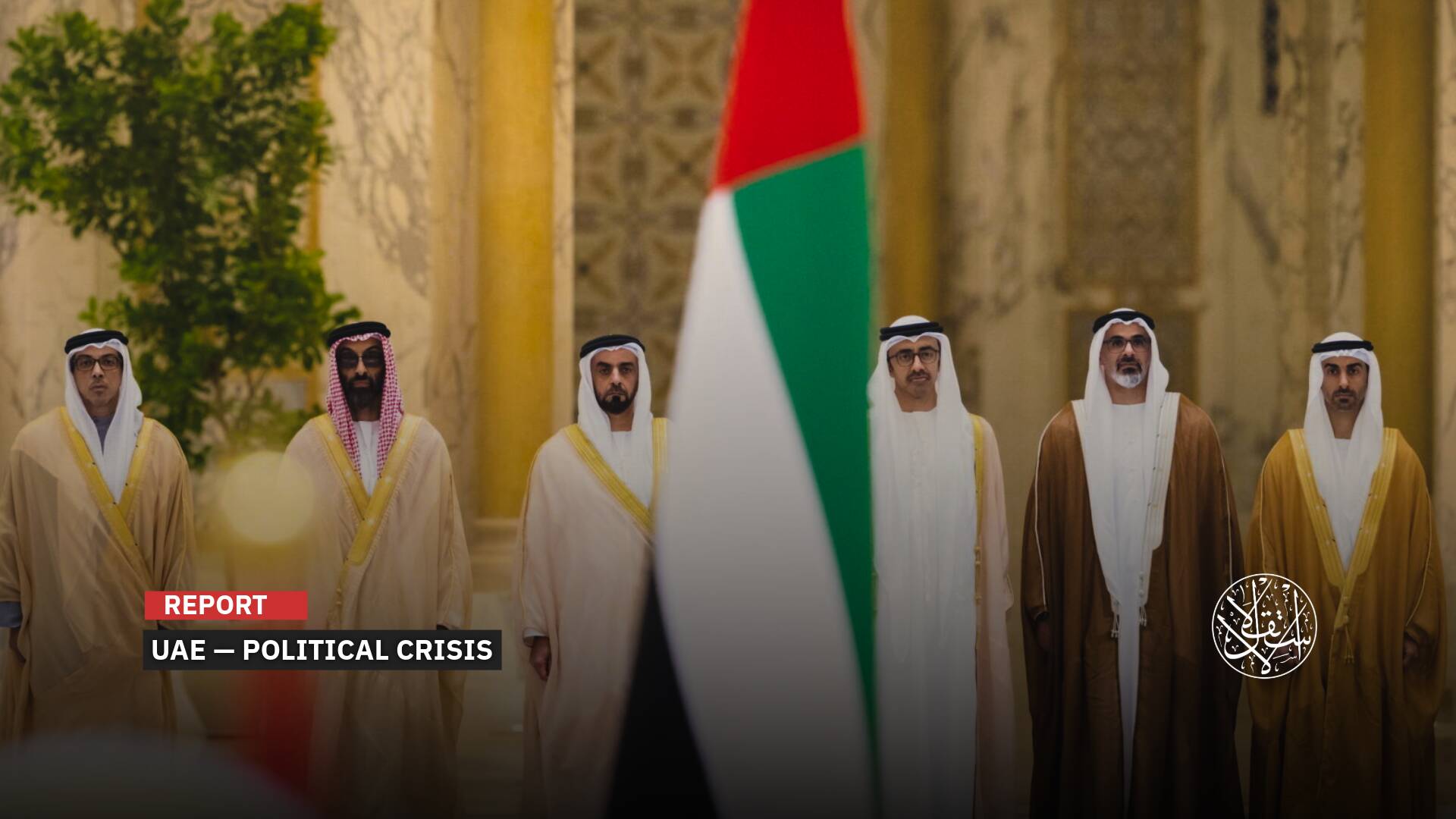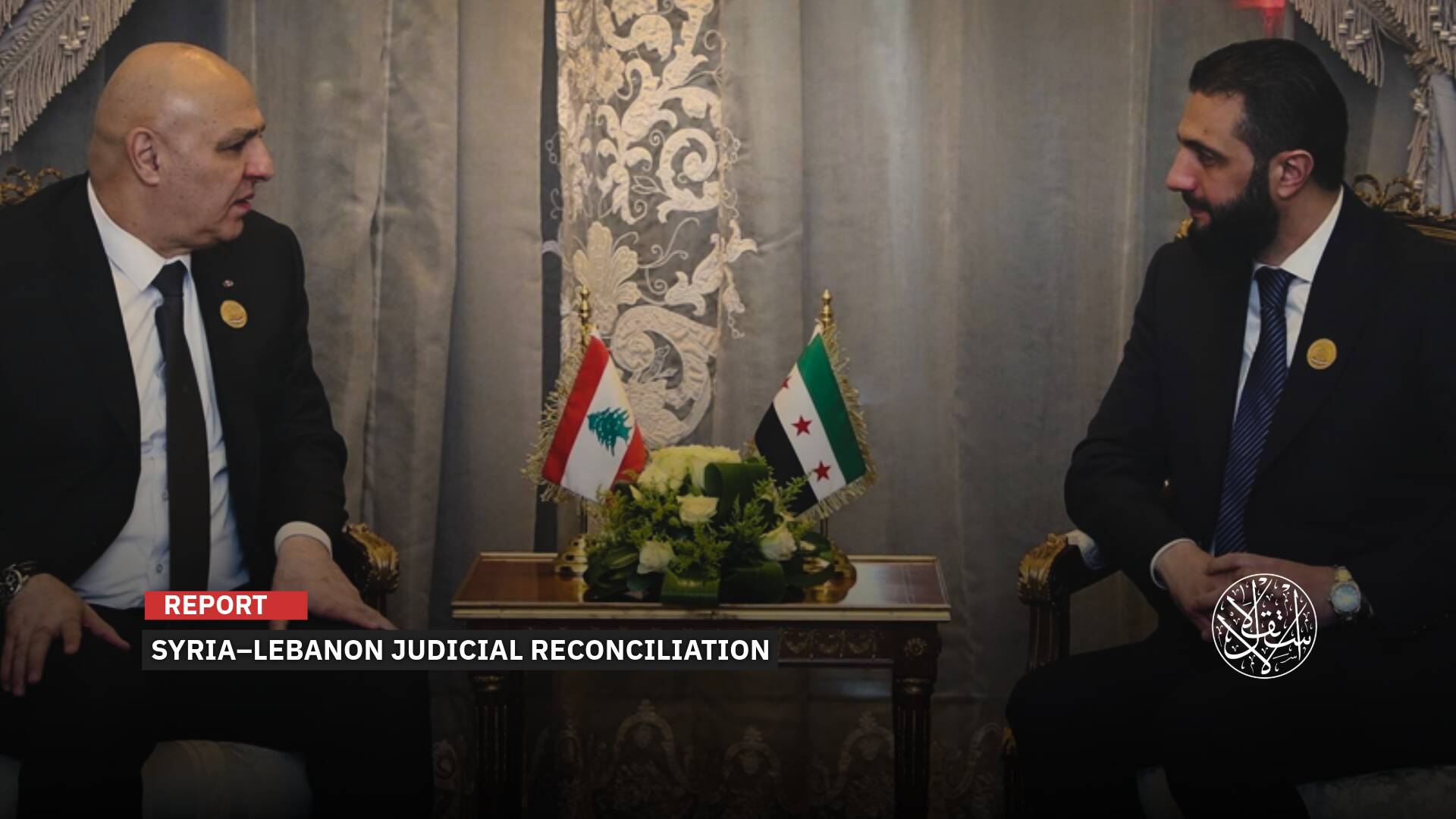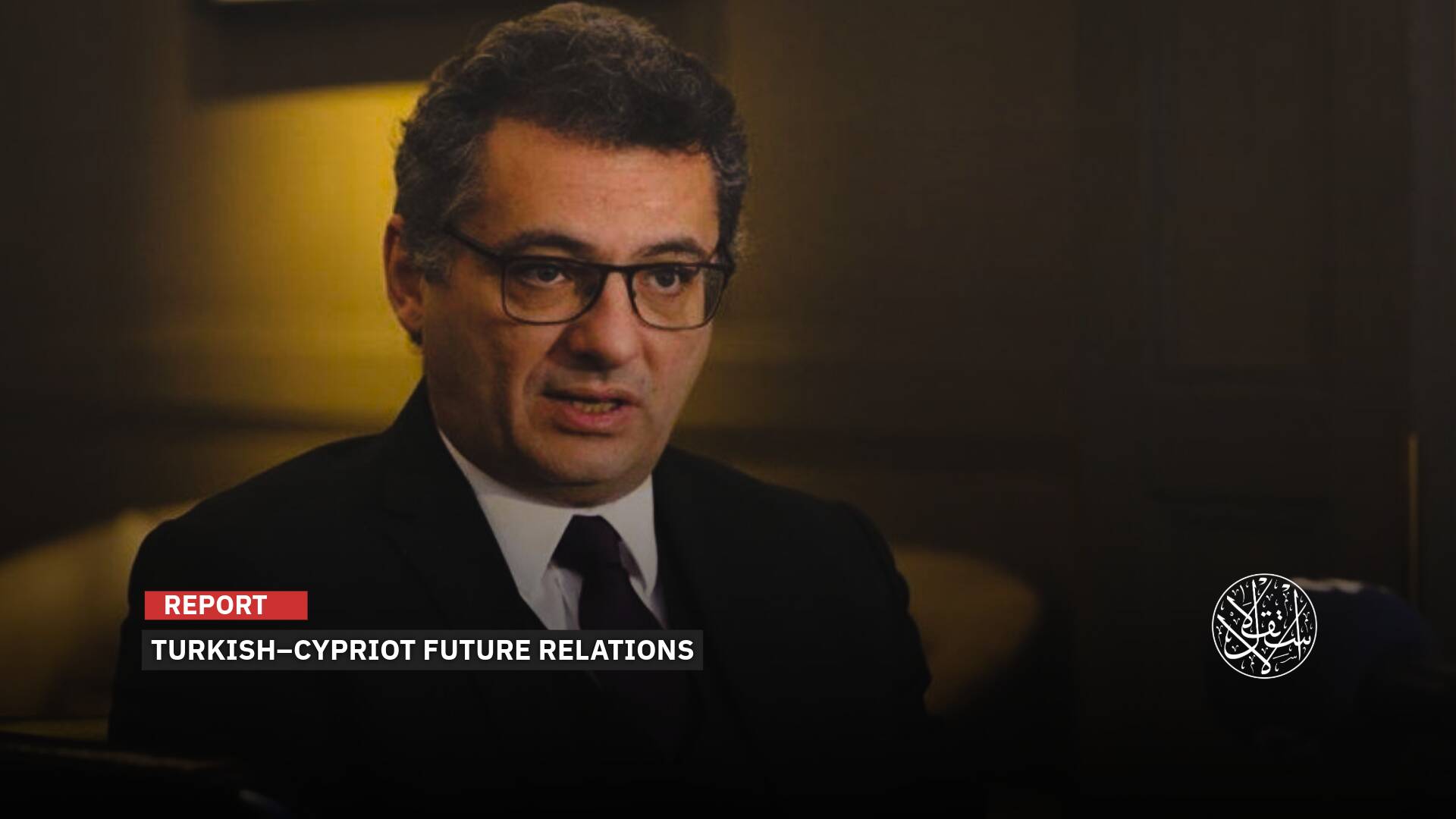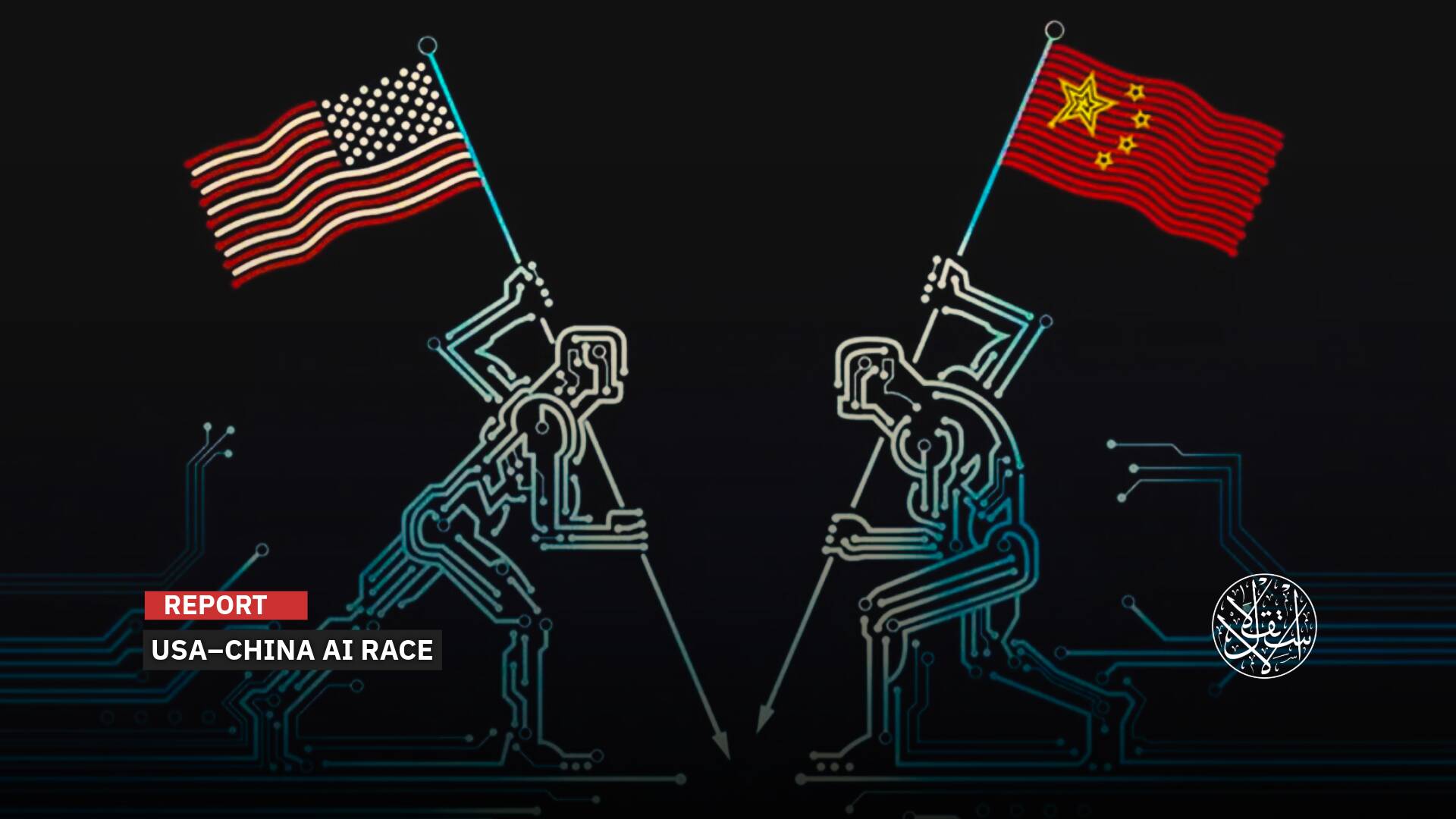TURKISH STUDIES CENTER : THIS IS HOW THE PROBLEM OF FOREIGN MERCENARIES CAN BE SOLVED IN LIBYA

After years of war in Libya, the 5+5 Joint Military Committee formed by representatives of the parties to the conflict agreed to a ceasefire agreement that was signed on October 23, 2020.
In light of this permanent ceasefire, the issue of expelling foreign mercenaries from Libya has emerged among the most important priority addresses.
After three months, specified by the committee, the movements and activities of the Russian Wagner Company on the Sirte-Jufra line, and the militias in the areas under the control of retired Major General Khalifa Haftar in eastern Libya, showed the unwillingness of these actors to expel the mercenaries from the country.
In this context, it was announced that the Chadian and Sudanese militias, which number about 5,000, are preparing to withdraw from Libya after the United Arab Emirates, the main financier of foreign mercenaries, announced the withdrawal of its financial support from them in March 2021.
The Turkish Middle East Studies Center (Orsam) says: "In fact, this seems like a warning that reminds us of the real threats posed by these militias out of control and which are considered separatist in their countries, in light of the fact that there is no complete control over the Libyan borders and illegal traffic that creates serious security problems, especially on the Chad-Niger border.
The writer and researcher Fouad Amir Shafqatli adds: "The Front for Change and Reconciliation was the most prominent among these militias in the wake of the developments that occurred on the Chad-Libyan borders in recent weeks, coinciding with the killing of the Chadian President, Idriss Deby Itno, who held the throne for 31 years."
The Most Influential Militia
According to the UN experts' report on Libya published by the United Nations Security Council on March 8, the Front for Change and Reconciliation, which appeared on the list of militias affiliated with Haftar, was established by Muhammad Mahdi Ali in 2016.
The emergence of the front was the result of the dissolution of the Union of Forces for Democracy and Development, which was the pioneer of the opposition against President Idriss Deby in Chad.
And Abizaid: Muhammad Mahdi Ali, who was assigned to lead the fighters of the Union of Forces for Democracy and Development in Libya by Muhammad Nuri, who is the leader of the group in exile, received great reactions in the Union of Forces for Democracy and Development, the majority of which are fighters from Goran tribes, one of the ethnic groups The mission is in Chad.
But Muhammad's growing power and assumption of administration led to differences of opinion and the group ended up forming three different groups.
He added: The Front for Change and Accord - one of these three groups - led by Muhammad continued its activity in the city of Al-Jafra during the period in which violent clashes occurred between “Libya Dawn” and the “Dignity Forces” (militias affiliated with Haftar), the majority of which constitute the Misrata Brigades.
The Military Command Council for the Salvation of the Republic, another group of the three, maintained its neutrality during the civil war.
However, after Haftar's Libyan National Army forces captured Al-Jufrah in 2017, the Front for Change and Reconciliation, which fought in the ranks of the Misurata Brigades, did not leave the area and concluded a "non-aggression" agreement with the forces. Then it would become one of the most important forces allied to Haftar.
And the writer continued: Chadian militias, deployed in a wide area from Al-Jufra to Sabha and from Tamanhit to Barak, have taken over the security of military reinforcements and oil installations associated with Haftar in these areas.
The Front for Change and Accord, which played an active role in the Tripoli offensive launched by Haftar in April 2019, was forced to leave the country as a result of national reconciliation and increasing international pressure with the Libyan Political Dialogue Forum.
Debbie Assassination
Shafqatli added: According to various sources, it became clear that the separatist group that was preparing to leave Libya entered Chad on April 11, the day of the elections, in protest against President Idriss Deby and a desire to start an armed struggle.
In this context, it was reported that a group of 500 people split into two groups in convoys, and while the first moved towards the capital N'Djamena, the other headed towards the strategic city of Mao.
And he added, “On April 15, the US embassy in Tripoli warned of the dangers and threats posed by Chadian militias that left that country and said that they should be tracked, pointing to the area on the borders with Libya and Niger.

As stated in the statement issued by the US embassy in Libya, all kinds of support will be provided in order to increase border security measures for the country to be a country of security and stability.
Only two days after these statements, Chadian army spokesman Azim Bermandoua Aguna said that rebels from Libya began launching attacks in the Kanem region in the north of the country on April 17 and that these attacks were stopped and brought under control in a short time.
However, the author added: The statements contained in the statement published by the Change and Reconciliation Front account on Facebook, that "the Kanem area has been liberated" and that the forces are heading towards the capital, N'Djamena, have increased fears and anxieties, both inside the country and on the international arena, and foreign diplomats in the country have been summoned to return to the country. Their country.
He noted: Similar riots were suppressed in 2019 with the intervention of the French army and air strikes, and President Deby was saved from a possible coup, since he was considered an ally.
It should be noted here that the rebellion of the Front for Change and Accord is mainly related to the extension of the term of President Idriss Deby and his candidacy in the elections again.
But President Idriss Déby, who visited the front a few hundred kilometers north of the capital N'Djamena to cheer up the army on April 20, lost his life when the clashes began.
What To Do?
Shafqatli believes that foreign mercenaries in Libya not only pose a serious threat to the security of this country, but also to countries that lie on the coast, such as Niger, Chad, Mali and Sudan.
Especially since there are still many Chadian and Sudanese mercenaries and few Nigerians inside the Libyan borders.
The writer says: On the other hand, recent developments reveal the security gap in southern Libya, which is often dropped from priorities.
Especially since it is noticed that the local military councils affiliated with the Libyan Presidential Council are insufficient in the region where illegal immigration and smuggling activities are widespread.
It is known that the tribal elements are active and controlling the Fezzan state, in southern Libya. Therefore, accelerating security sector reform, or at least increasing security measures, taking into account the sensitivity of the region, should be among the measures that can be taken quickly, according to the researcher.
Shafqatli concludes his article by noting that even senior officials from almost all European countries have drawn to the issue of foreign mercenaries and warned the parties as part of their visit to Libya in April.
The UN Security Council also decided to send a team of 60 people to the country to monitor the ceasefire in Libya on April 16, and members of the 5+5 Joint Military Committee welcomed the decision.


